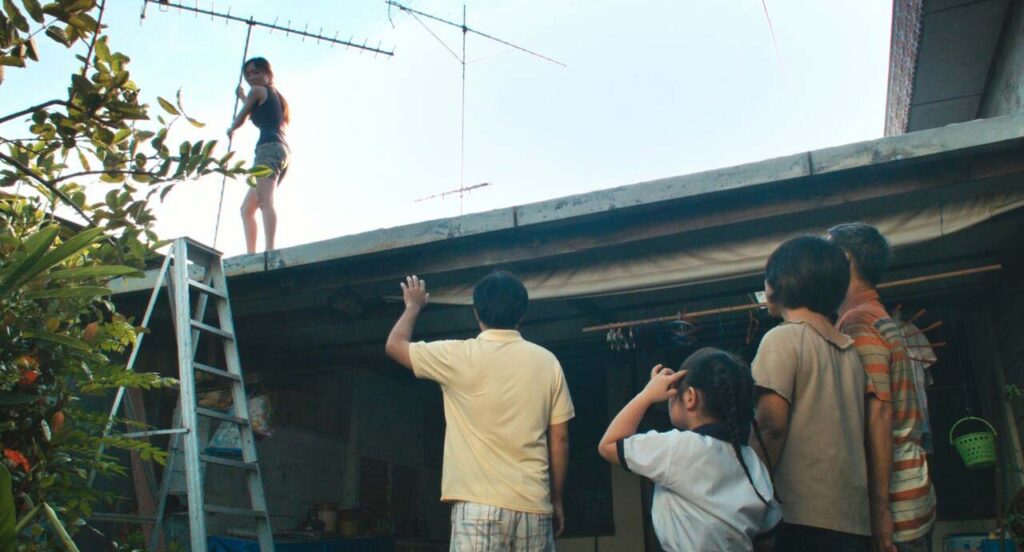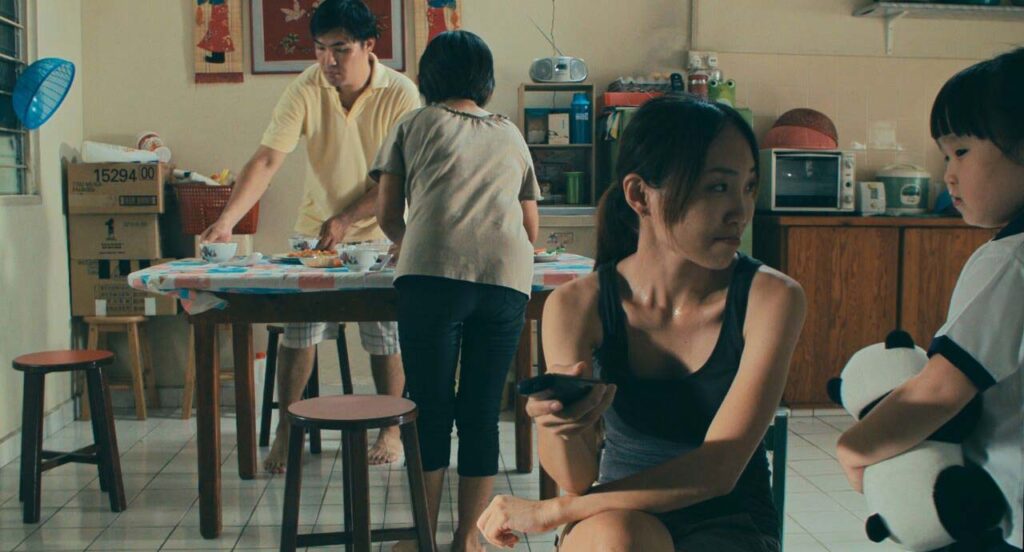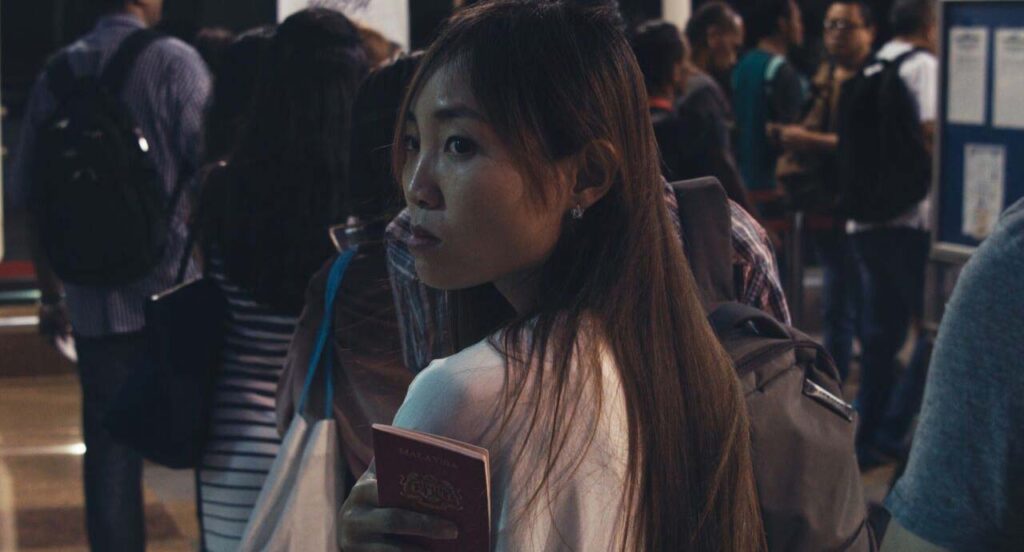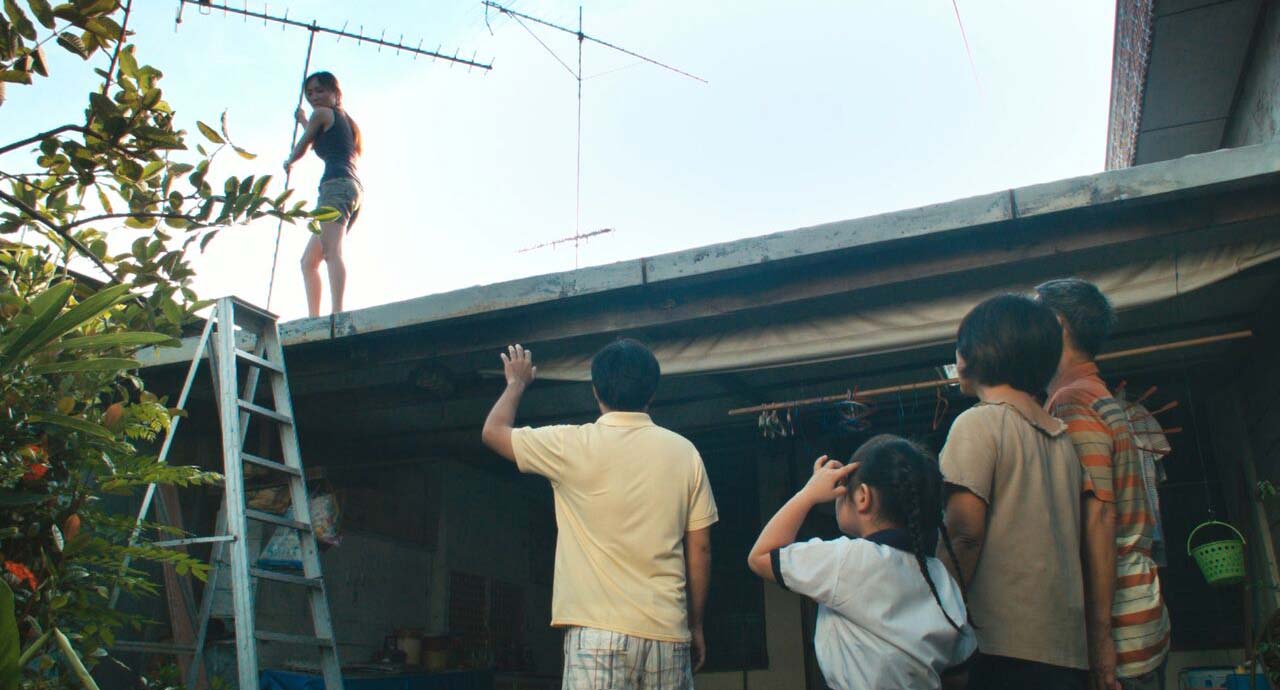Where is Home?
X: “Where is home?”
Y: “I live in Pasir Ris.”

It’s an easy answer. Most of us have had the privilege of a tangible and constant home we belong to and identify with. Yet, for some caught between nations and homes, it is a difficult question with no clear answer. Poet Philip Larkin considers the search for a home in his poem ‘The Importance of Elsewhere’ with the last line: “Here no elsewhere underwrites my existence”. This captures the idea of home as a place where one can belong and identify as an individual.
In Aw See Wee’s ‘Kampung Tapir’, the protagonists are caught between two homes, Malaysia and Singapore and are faced with the conflict of choosing one. Through the film, Aw reminds us that our easy answers might not reflect the reality of our experience. The answer on where we live is a common one most of us would respond with, but it alludes to the larger question of home: “Is home just a physical space?”
To gain an understanding of this, we spoke to several Malaysians who struggle to decide.
Gan Yu Hen, 17, is from Johor Bahru, Johor and currently studies in Serangoon Junior College. Ryan Lee, 17, is from Kuala Lumpur, Selangor and currently studies in Nanyang Junior College. Yu Hen travels to school from Johor every morning, while Ryan stays in a hostel here. Parts of the interviews have been edited.
Daryl (D): Which country do you prefer more, Singapore or Malaysia?
Yu Hen (YH): Singapore. Malaysia is kind of a corrupted country because of the government and since I’ve been studying here [Singapore] since primary school, I feel like it’s easier to stay in Singapore.
D: Why did you come to Singapore to study?
Ryan (R): There are couple of reasons. Back then, one of them was the encouragement from my parents. But more importantly, I’ve always been under the impression that the education system in Singapore is better.
D: Is it?
R: Definitely better than Malaysia.
D: Do you ever feel a lack of connection with fellow Malaysians when you go back to Malaysia?
YH: (nods) I find it hard to talk to them, … I don’t really know what to talk about.
R: There was this point in time when I sort of… it’s sort of like an identity crisis. I mean my Chinese has never been the best. My Chinese is not up to the standards of people who have gone to Malaysian secondary schools. Given the fact that I’ve never been to a Malaysian secondary school, I didn’t have the ability to actually make connections in Malaysia. So when I go back, my [social circle] is only limited to my ex-primary school friends, [whom] I still visit often.

D: Do you ever feel like one is more “home” to you?
YH: I guess Malaysia because I was technically born and raised there. I feel like Singapore is a better country but Malaysia will always be my home. The reason why I’ll come to Singapore is for ‘work ’ and financial opportunities.
D: Where do you think is your home?
R: To be honest, at this point I’m just saying that both countries, regardless of where I am, [both are] considered my home. I consider them as good enough places to say that I belong here.
D: Where do you feel your roots are tied to?
R: Malaysia. First, there’s family there and at the end of the day, I’m still a Malaysian deep down even if I stay in Singapore and accept that I can live in Singapore as my home. Some part of me will always have this attraction towards Malaysia.
For Malaysians stuck between loving Singapore and feeling rooted to their homeland of Malaysia, this conflict of home may at times have a simple answer. Yet from the interviews above, it is clear that this answer may be simple but not complete. Home might often refer to the physical home that these individuals inhabit, but the psychological attachment and belonging may be rooted somewhere else. It is a conflict that Ryan and Yu Hen can only “get used” to in order to overcome the conflicting feelings.

In Aw’s film, this conflict of home is captured in his symbol of the tapir. As the state animal and the namesake of the village that is home to the protagonists, symbolizes the physical home of the protagonists – Malaysia. However, the sighting of the rarely-sighted tapir in the climax of the film develops the symbol further by alluding to their rejection of their physical home in favor of change. The nonchalant attitude of all other Malaysians is juxtaposed with the guilt and sadness the protagonist feels, signifying the difficulty she experiences in ultimately choosing a home. The effects of home in determining one’s identity is seen in her concern with the passports and identity cards, which is a literal symbol of one’s identity. The blasé treatment of the passport by her husband contrasts with her serious attitude. It is in her unique position as someone who reflects about her identity and belonging that she allows herself access to understanding her experience between two homes, unlike the nonchalance of the other Malaysians.
In the context of these individuals, it seems that the Malaysian home is the place of their obligations: their family, nation, and roots. Yet, the Singaporean home is also where they find their individual belonging. It is not an easy conflict to resolve.
So where is home? We are only 17 and 18, and to expect us to conclude a simple and straightforward answer to this abstract question is beyond us. However, for Ryan, Yu Hen, and the characters in Aw’s film, home is not the physical space we inhabit or where we “live”, but any place we belong to, identify with, and find our purpose. Just like Aw’s protagonist, we might not have a clear answer immediately but all that matters is that we remind ourselves to consider who we are and where we belong, and to find the ‘Here’ in Larkin’s words: “Here no elsewhere underwrites my existence”.


